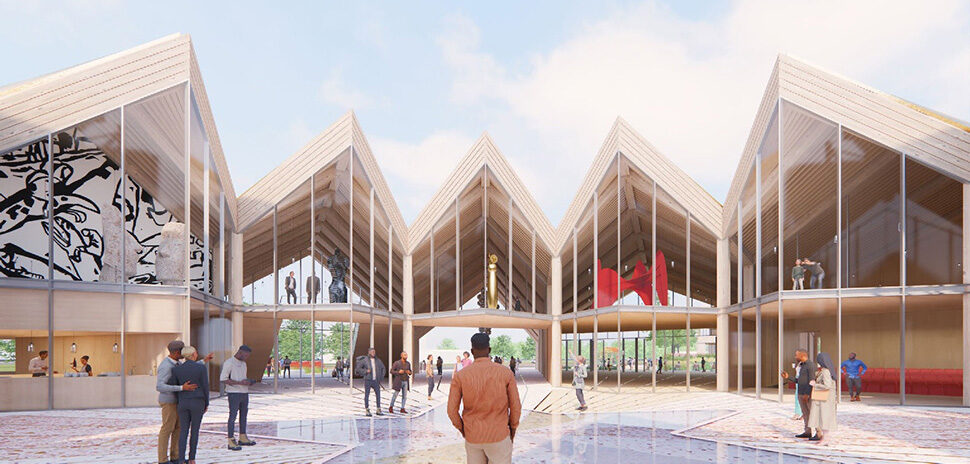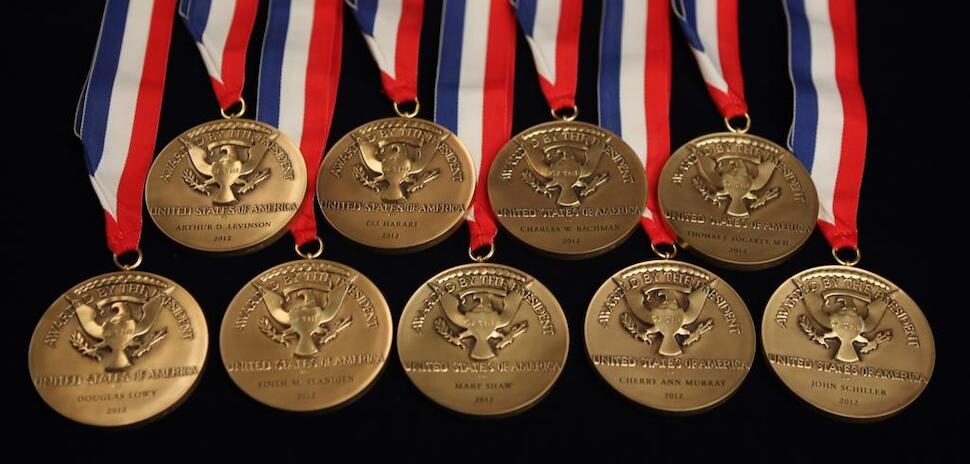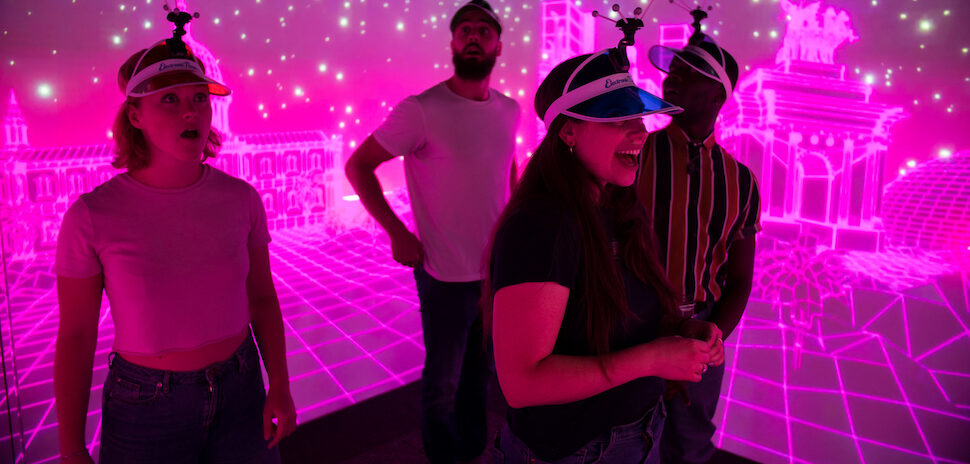
[Image: Aleksandra Malysheva/istockphoto]
Texas entrepreneurs with innovative solutions in advanced materials, AI & advanced computing, biotechnology, space systems, or energy transition are invited to apply for the Lab Embedded Entrepreneur Program (LEEP) at Los Alamos National Lab.
LEEP is managed by the Los Alamos Commerce & Development Corporation. The unique program is designed to match entrepreneurs with a large network of mentors, customers, investors, seed capital, and the unique expertise and resources of Los Alamos National Laboratory.
Working with the researchers of LANL, entrepreneurs can develop deep technology and take it to commercialization.
The main focus is working with the researchers of LANL to develop a deep technology and take it to commercialization. The program may last up to two years, and it provides the fellow a stipend ($80K – $120K) they are working with LANL’s scientists, according to a spokesperson.
Applications are open through April 17.
Find more opportunities for innovators in our roundup.

Get on the list.
Dallas Innovates, every day.
Sign up to keep your eye on what’s new and next in Dallas-Fort Worth, every day.
R E A D N E X T
-
From a black-tie kickoff on January 19 to a parade, a music festival, a storytelling summit, and more, the Deep Ellum neighborhood just east of downtown Dallas is gearing up for a 2023 to remember. Known as the "birthplace of the blues in Texas," the district buzzes with live music, street art, galleries, restaurants, clubs, and culturally creative retail. The sesquicentennial will bring something new: the opening of the Deep Ellum Community Cultural Center. It's just one way 2023 will "shape the neighborhood’s future as a continued mecca for creatives, entrepreneurs, and all comers," says a Deep Ellum Foundation leader.
-
Slated to be built in Fort Worth's Historic Southside neighborhood, the planned $70 million museum will get the city funding once the balance for the project has been raised. Designed by the New York office of Denmark-based Bjarke Ingels Group, the building will house the museum on its second level, with a business incubator, restaurant, 250-seat amphitheater, and storefronts at ground level. “Literally and figuratively, it was designed to be a beacon of light in an area that has been dark for a very long time,” says Jarred Howard, principal of the project's developer.
-
The nation’s highest honor for technological achievement will be bestowed by President Biden, the USPTO said. The medal is awarded to individuals, teams, and companies for outstanding contributions to the nation’s economic, environmental, and social well-being—through tech products, tech innovation, and strengthening America's tech workforce.
-
Like all the others, the Deep Ellum location offers interactive, digital games played by groups in "fun smart rooms." As you can see from the goggle-less players above, it's not about AR or virtual reality. Instead, the "gameboxes" feature a range of tech including projection mapping, touch screens using the company's patented Lidar, 3D motion tracking, and surround sound.
-
Dallas-based global semiconductor company Texas Instruments is expanding its lineup of space-grade analog semiconductor products in plastic packages that can used for a variety of missions—from new space to deep space. TI has more than 60 years in the space market, and it continues to develop radiation-hardened and radiation-tolerant products and packaging that helps engineers meet mission-critical requirements with increased power density, performance capabilities, and reliability. The new products can help lower the cost required to launch an application into orbit, the company said. TI said in a statement that it developed a new device screening specification called space high-grade…
![]()

































































